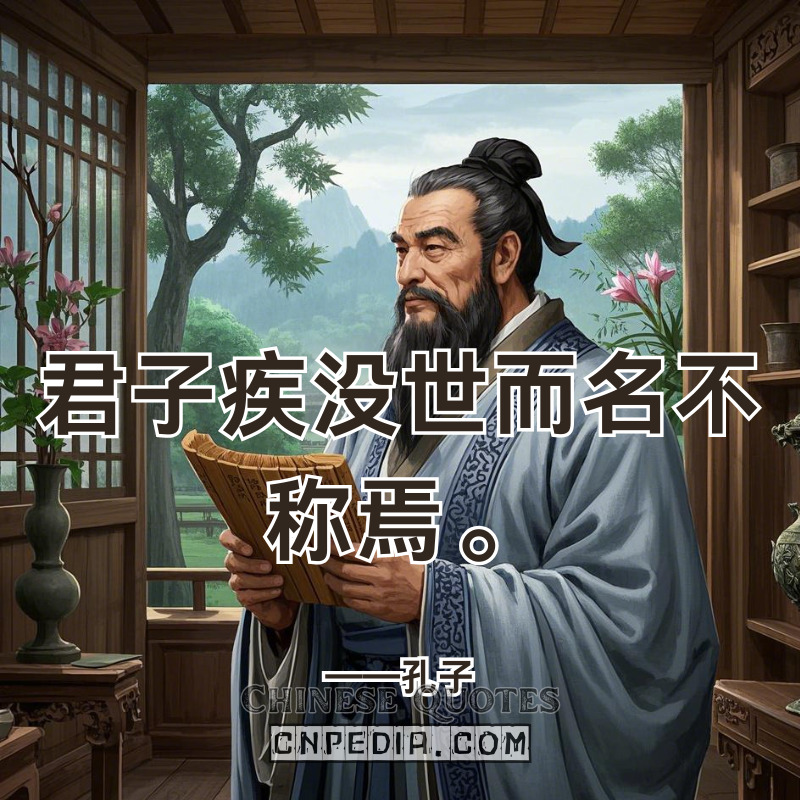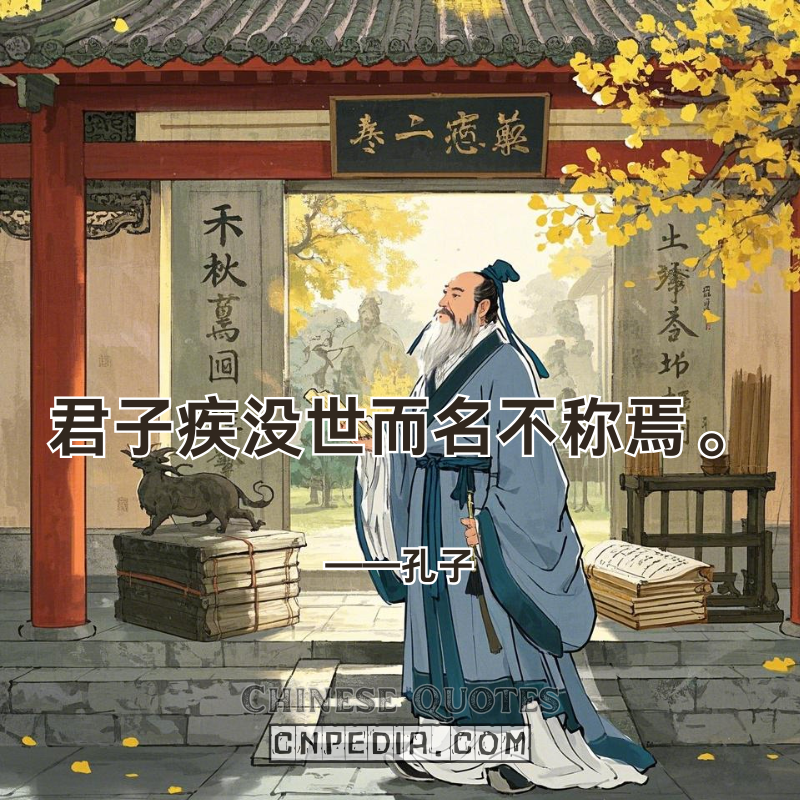
Confucius' Quote on Legacy: How 'Dying With Mismatched Reputations' Shapes Modern Personal Brand Audits & Digital Afterlife Tech
君子疾没世而名不称焉。——孔子(jūn zǐ jí mò shì ér míng bù chèn yān — Kǒngzǐ) Translation: “Nobles dread dying with mismatched reputations.”Explanation: Confucius’ warning 疾没世而名不称(jí mò shì ér míng bù chèn) (“dread dying with mismatched reputations”) establishes legacy as ethical accountability. First, the character 稱/称(chēng) (“to balance repute”) combines 禾(hé) (“grain”) and 爫(zhǎo) (“hand”)—an ancient “reputation scale” pictograph. Just as farmers weigh harvests, nobles must calibrate lifelong deeds against posthumous recognition, a concept now formalized as personal brand audits. Second, this “legacy calibration” drives modern reputation management systems. Platforms like LinkedIn’s “Profile Strength Meter” operationalize 稱(chēng)’s balance metaphor, algorithmically comparing users’ stated skills with endorsements—a digital-age ritual ensuring one’s 名(míng) (“reputation”) aligns with reality. Third, the philosophy underpins emerging digital afterlife services. Startups...
